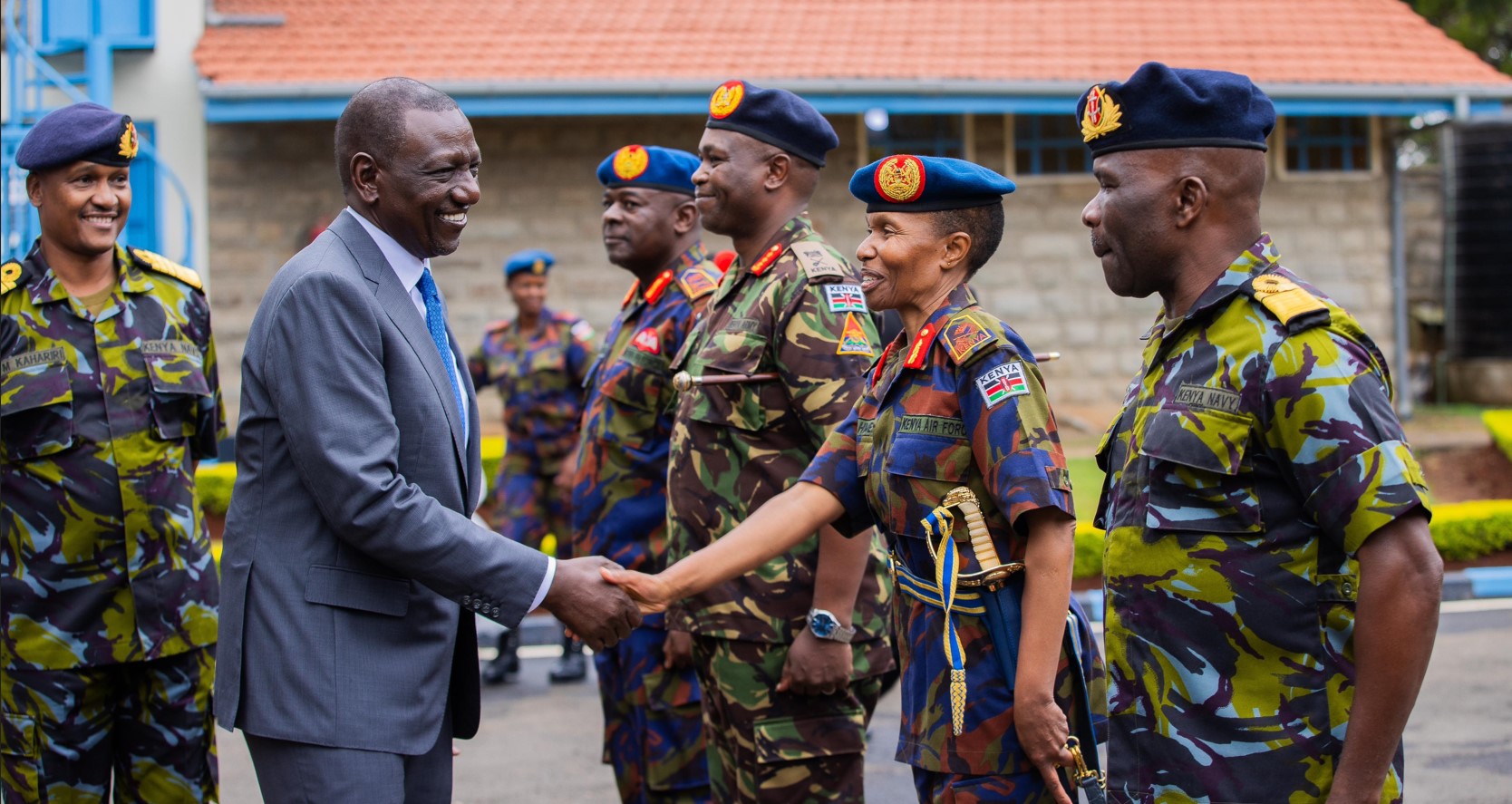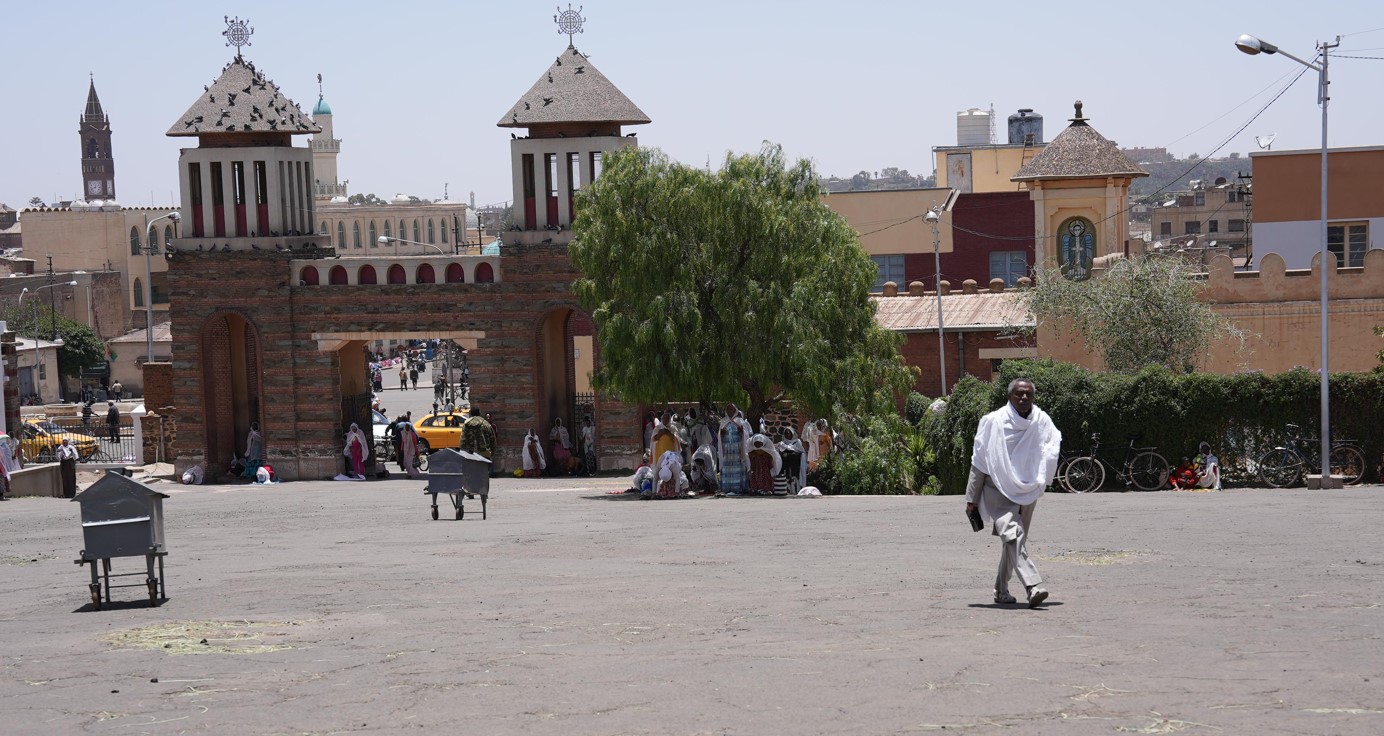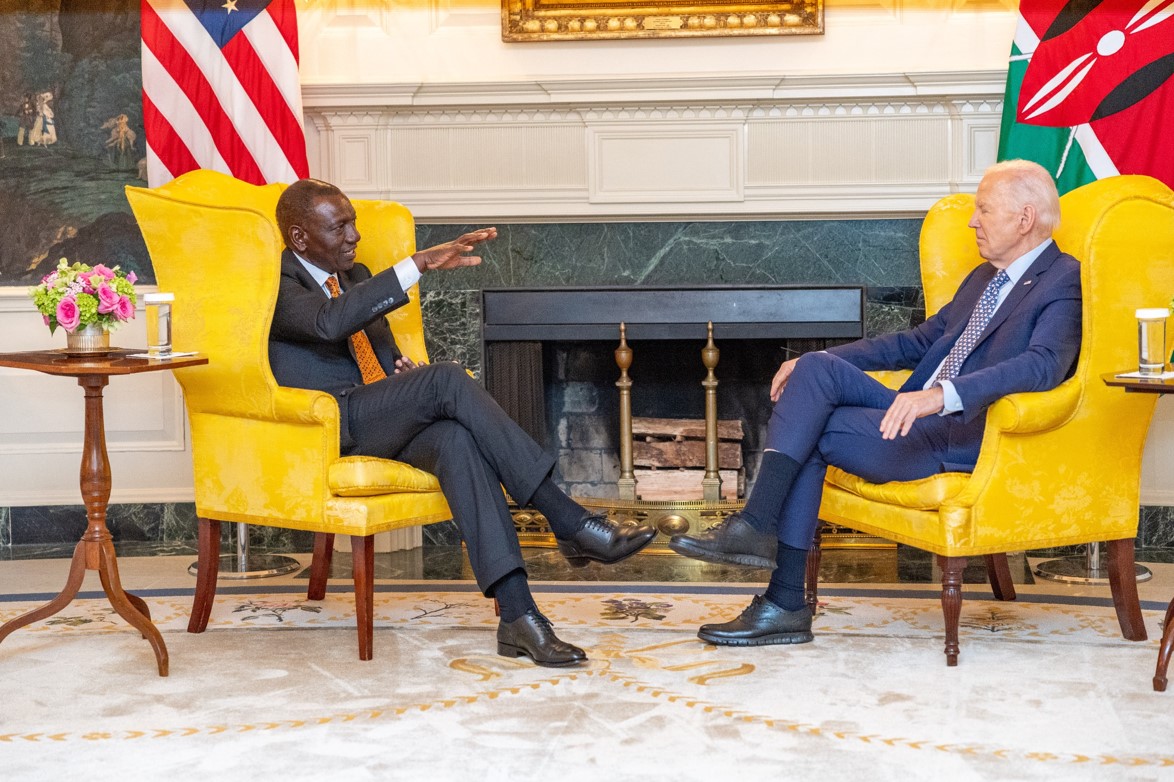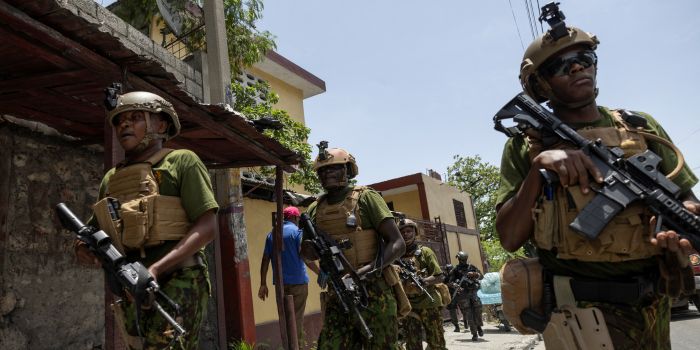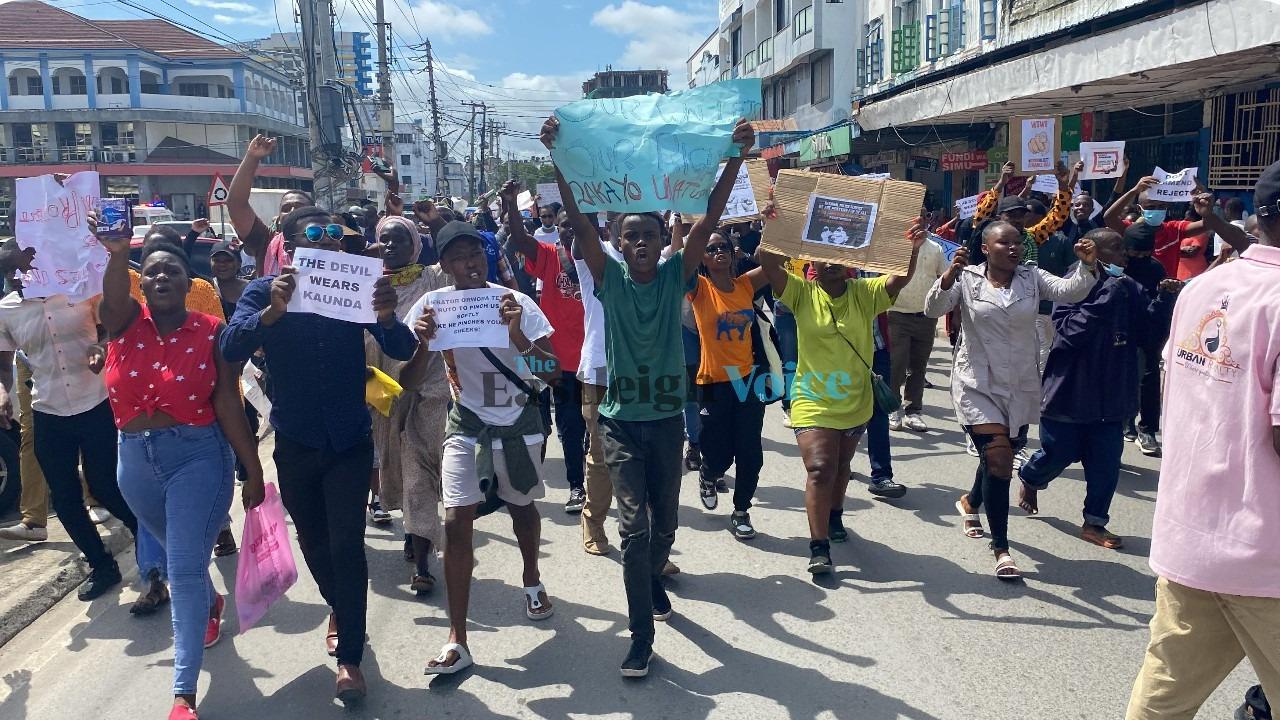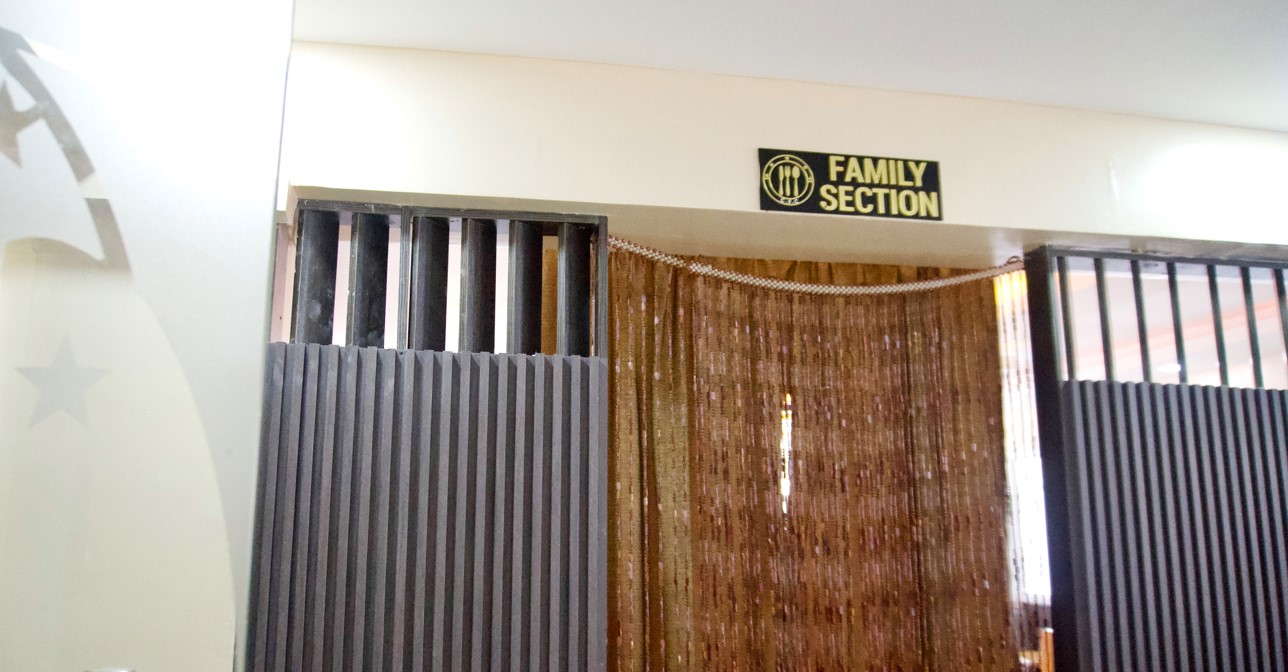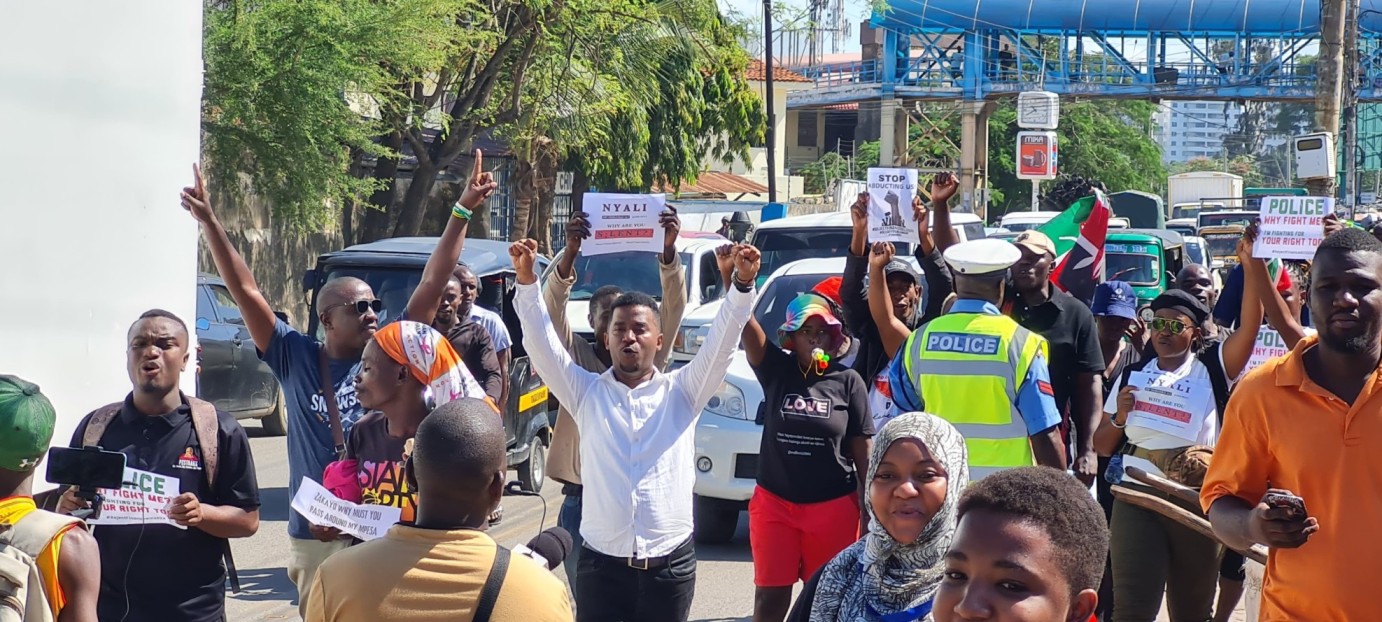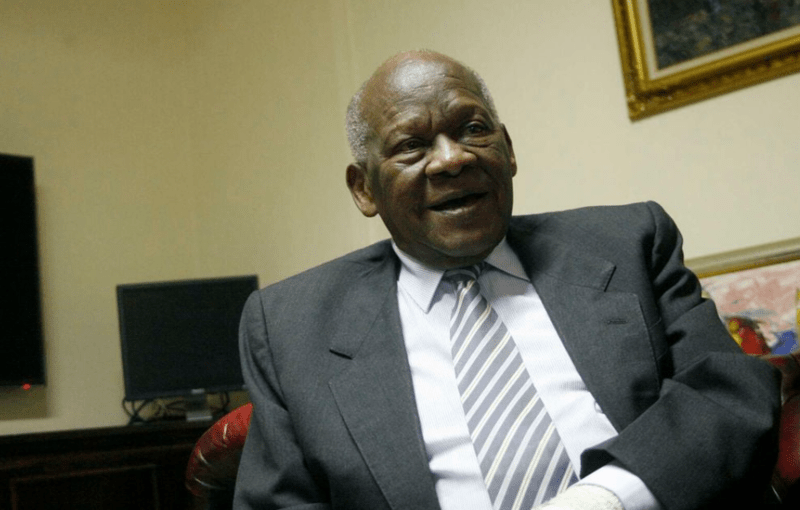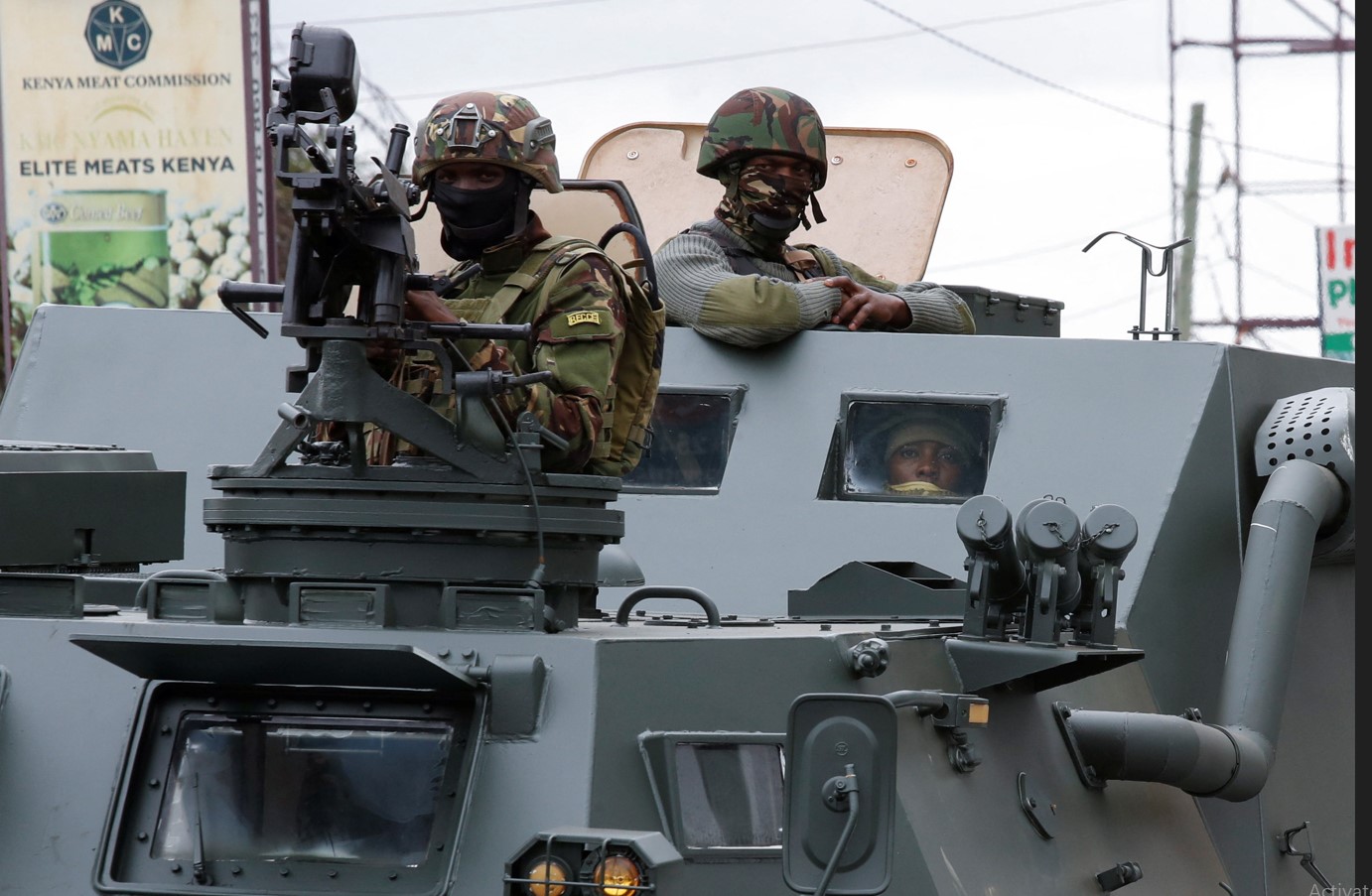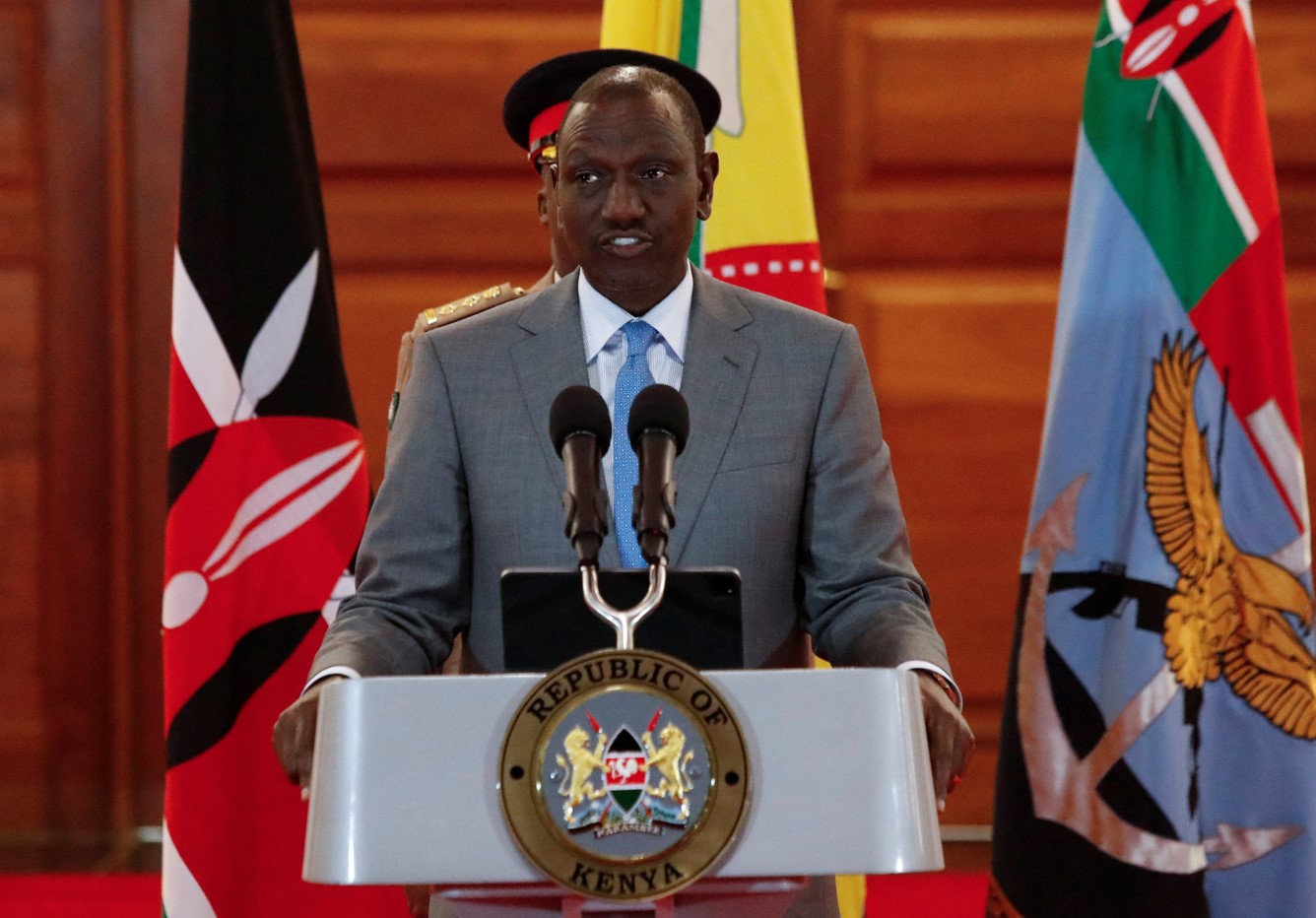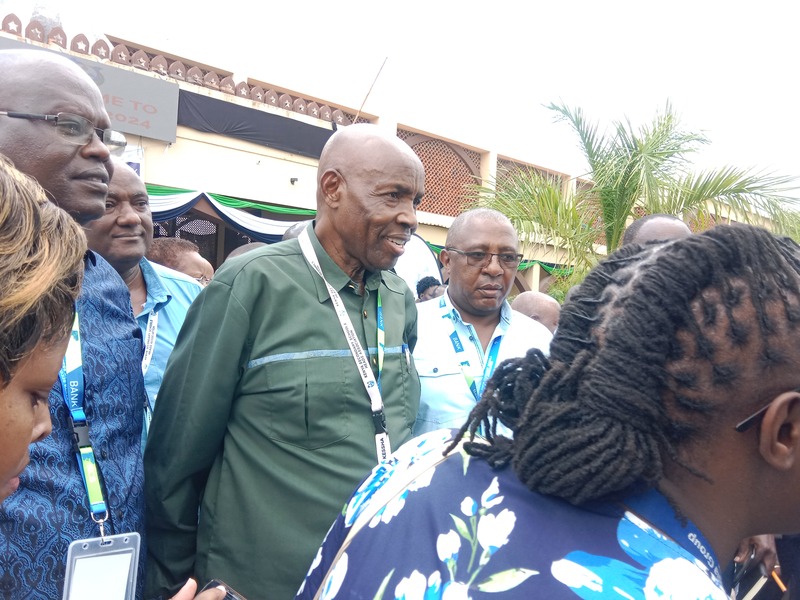Uganda on high alert after Polio outbreak in Mbale City
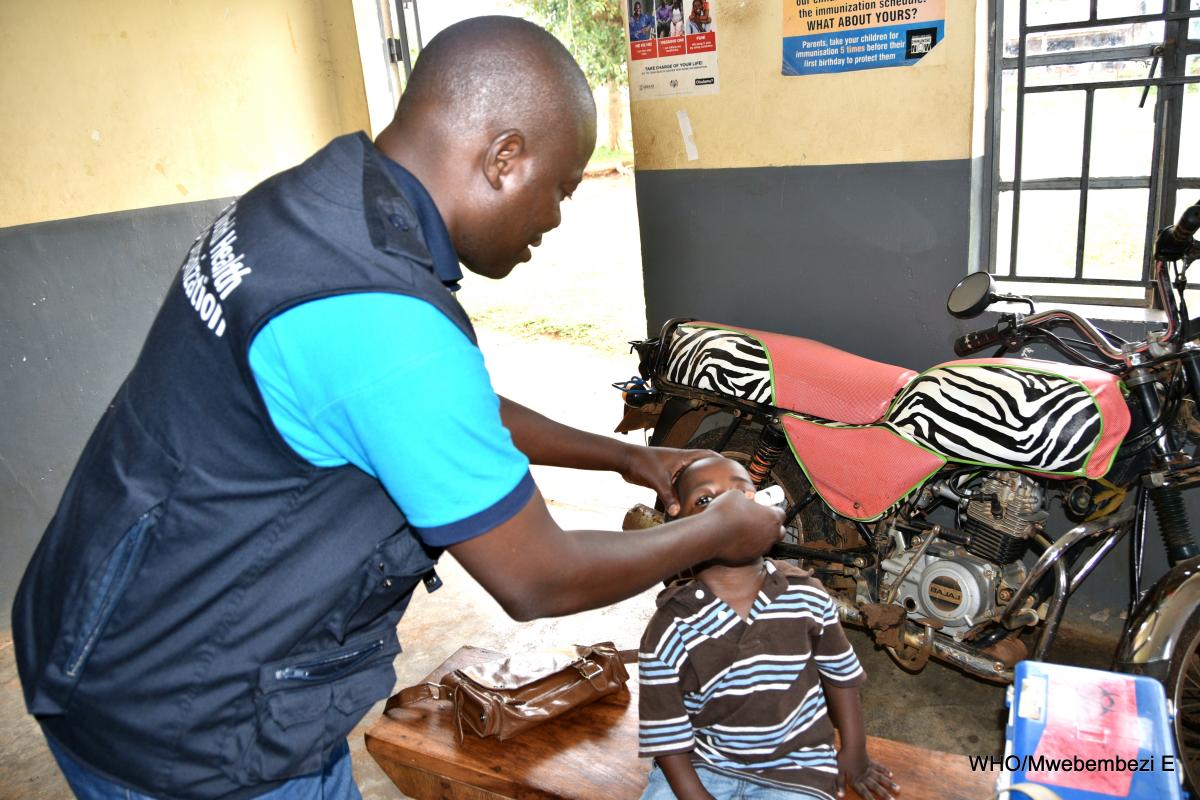
By Charity Kilei |
Health officials attribute the possible outbreak to suboptimal immunisation coverage and the importation of the virus.
Health officials have issued an alert urging the public to ensure children receive vaccinations promptly following the detection of a polio virus in Mbale City, Uganda after samples from sewage plants tested positive for the virus.
"Polio is circulating, and many other children out there are vulnerable to poliovirus infection, which has a disabling effect," Dr Allan Muruta, the Commissioner for Integrated Epidemiology Surveillance and Public Health Emergencies, said during an interview with the Monitor.
Keep reading
According to the Monitor, Dr Moses Mugonyi, a health official, confirmed that the samples were collected from the city's sewage.
"The tests were conducted at the Uganda Virus Research Institute in Entebbe, and further confirmatory tests were done at the World Health Organisation (WHO) lab in Johannesburg, South Africa. They all confirmed that poliovirus is circulating in the population of Mbale City," Dr Mugonyi reported.
Health officials attribute the possible outbreak to suboptimal immunisation coverage and the importation of the virus.
Despite Uganda and the entire African continent being declared free from wild poliovirus by the World Health Organization (WHO) in August 2020, the emergence of the cVDPV2 strain poses a renewed threat. This variant has particularly impacted communities with low immunity, contributing to outbreaks reported in over 19 African countries, including neighbouring nations like the Democratic Republic of the Congo (DRC), South Sudan, and Kenya.
 A past polio vaccination drive in Garissa County. (Photo: KNA)
A past polio vaccination drive in Garissa County. (Photo: KNA)
Symptoms
Initial symptoms of polio include fever, fatigue, headache, vomiting, stiffness of the neck, and pain in the limbs. Approximately 1 in 200 infections lead to irreversible paralysis, usually in the legs. Among those paralysed, 5 per cent to 10 per cent may die when their breathing muscles become immobilised.
Polio is a highly infectious disease, mostly affecting young children, that attacks the nervous system and can lead to spinal and respiratory paralysis, and in some cases, death. The virus is typically spread through contact with contaminated faeces or droplets from the coughs or sneezes of an infected person.
To combat the current outbreak, Uganda's Ministry of Health has intensified nationwide polio surveillance. Health facilities are mandated to promptly report and investigate any cases of sudden paralysis or weakness in children under fifteen years old. Additionally, environmental surveillance efforts have been expanded to enhance early detection of the virus.
To protect children from this escalating threat, the Ministry plans to launch a comprehensive nationwide polio immunization campaign. They aim to ensure that all children receive the recommended four doses of polio vaccine: at ages 2 months, 4 months, 6 through 18 months, and a booster dose at ages 4 through 6 years.
In Kenya, the Ministry of Health, in mitigation of recent concerns about vaccine shortages, secured critical childhood vaccines.
With an allocation of Sh1.25 billion, the Ministry has procured Measles Rubella, Oral Polio, Tetanus-Diphtheria, and BCG vaccines, effectively addressing previously reported critically low levels.
The received doses include Measles Rubella vaccines: 1,209,500 doses; Oral Polio Vaccines (bOPV): 3,032,000 doses; Tetanus-Diphtheria vaccines: 1,000,000 doses; and BCG vaccines: 312,000 doses.
He urged healthcare workers to collaborate closely with community health teams to ensure that children who missed vaccinations catch up on their immunization schedules.
"Caregivers are also encouraged to bring their children to health facilities for immunisation as vaccine supplies have normalised," Kimtai advised.
The Ministry expressed gratitude to Gavi for its support over the years and reiterated its commitment to a smooth transition as Kenya moves towards full self-financing by 2030.
To ensure stable vaccine supplies, the Ministry is exploring innovative financing options and engaging the National Treasury for increased resource allocation to the immunisation programme.
Before you go, how about joining our vibrant TikTok and YouTube communities for exciting video stories?



